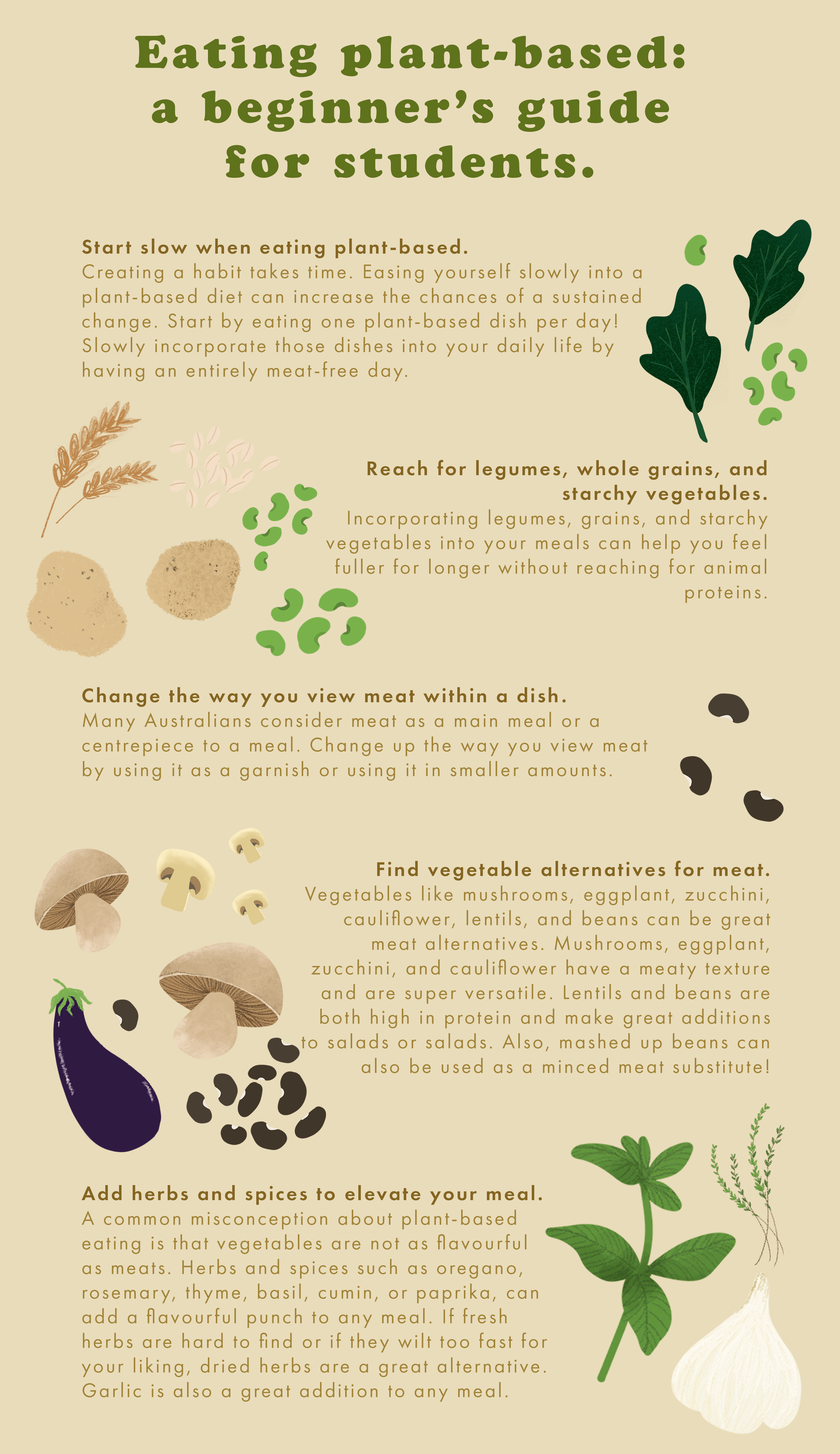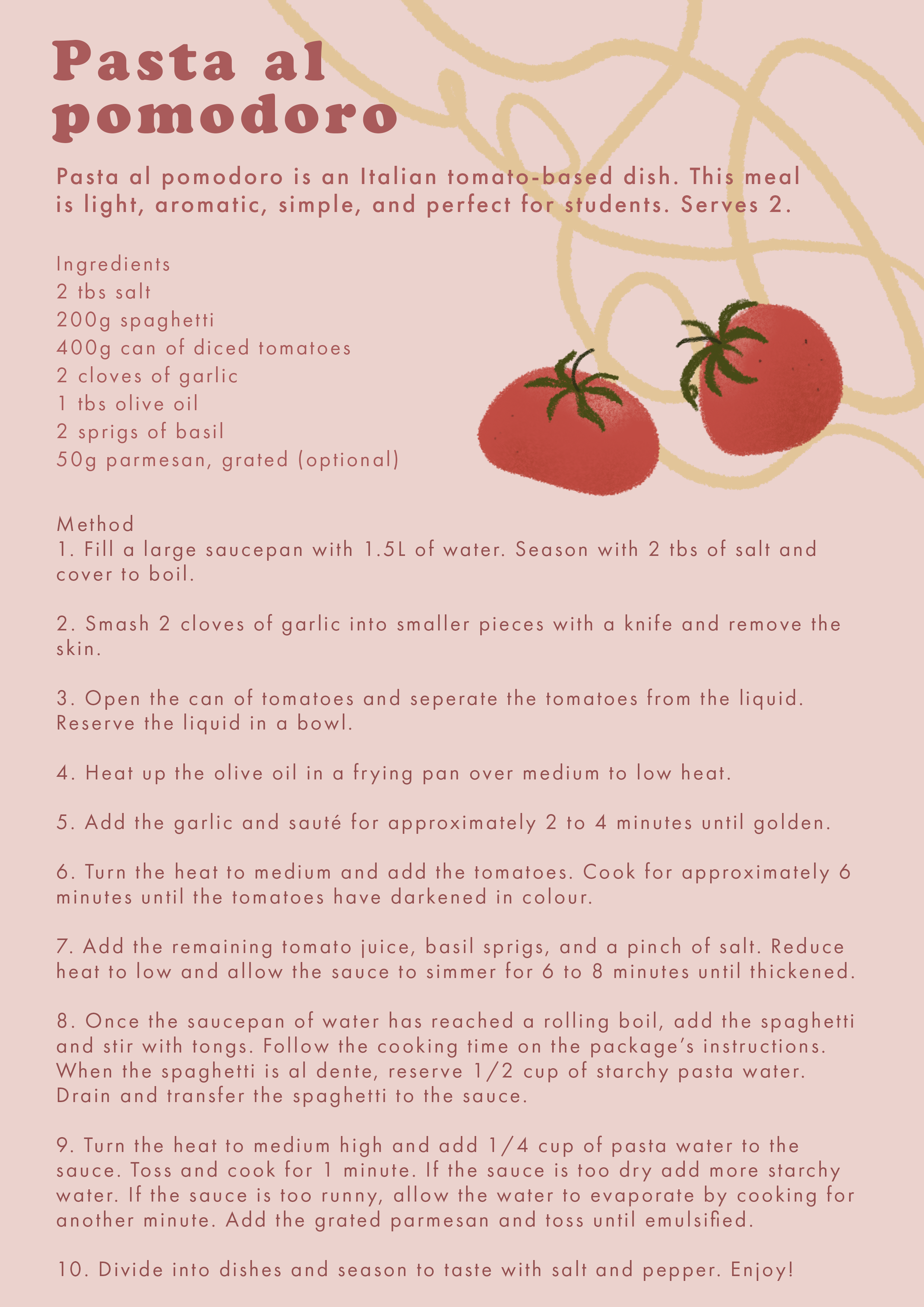
What is plant-based eating: a beginner’s guide.
In the past few years, the term ‘plant-based diet’ has become a buzzword.
Celebrities like Beyoncé and Jay-Z, Arianna Grande, and Victoria and David Beckham have been urging their fans to become plant-based for many reasons, some being for the environment or general health. According to Google’s search engine trends, the term reached its peak popularity in October to November in 2019. Since then the term has fluctuated in popularity. However, it has experienced a slow increase since March 2020. But what does ‘plant-based diet’ really mean?
“plant-based” – a definition
According to the Harvard Medical School, a plant-based diet is a dietary regime which primarily focuses on foods from plants. The diet includes fruits and vegetables, seeds, nuts, grains, legumes, beans, and oils. The plant-based diet differs from being vegetarian or vegan, and the diet does not exclude meats or dairy. The core concept of the diet lies within proportionately choosing foods from plant sources rather than animals. Plant-based diets are less-so of a diet and more of an approach towards food. The core concept of the diet lies within proportionately choosing foods from plant sources rather than animal-based foods.
plant-based food choices as answer to climate change
The popularity of plant-based diets coincides with the climate emergency declarations, which began in 2016. According to world scientists, the climate crisis is linked to excessive consumption, with the most affluent countries being the most responsible for the most greenhouse gasses (GHGs) emissions and have the greatest per capita emissions. GHGs like carbon dioxide, methane, and nitrous oxide are still increasing. As a result, our global surface temperature has increased too. Around the world, ice has been melting, oceans are becoming warmer, more acidic, and sea levels are rising. These changes all link back towards extreme weather and can significantly affect all aspects of marine, freshwater, and terrestrial life. Meat production is linked with GHGs production, with beef having the highest environmental impact. Animal-based proteins produce a significantly higher amount of GHGS in comparison to plant-based proteins. The difference in GHGs emissions is primarily due to the amount of emissions it takes to feed the livestock, clearing land to rear livestock or to grow feed, and also due to animals producing emissions from manure and their digestive tracts. After rearing the animal, emissions are also produced during the processing of animal proteins.
Barriers – particularly for Australians
For Australians, it might be a little harder to give up meat. Animal protein is the basis of many culturally significant dishes, with meat continuously being an everyday meal staple in Australia. However, it is essential to acknowledge the boundaries of plant-based eating. Sometimes it’s easier for some people to purchase premade foods, such as fast or frozen foods, purely based on convenience and cost. For others, their bodies are incompatible with plant-based eating. Sometimes it can be time-consuming to seek out plant-based options. For those struggling with food insecurity, seeking out dietary regimes like plant-based eating may not be a priority for an individual.
Give it a try!
For those who can make choices about their food, going plant-based is a great starting point for one to lower their emissions footprint. Even going one day a week without meat can cut down one’s annual emissions. However, making changes to one’s diet can be challenging. Below is a beginner’s guide to plant-based eating! There’s also an additional recipe card attached for Pasta al Pomodoro. It’s an easy, cheap, quick and delicious recipe for those wishing to give plant-based dinner a go. This guide is created specifically for time-poor and stressed students, in the hopes removing the stigma attached to plant-based eating.

Quick tips for those who wish to delve into plant-based eating.

Recipe developed by the author.
